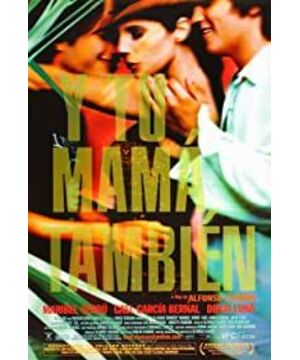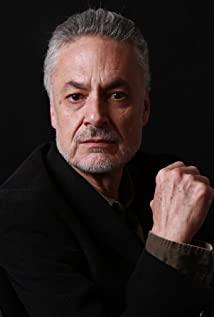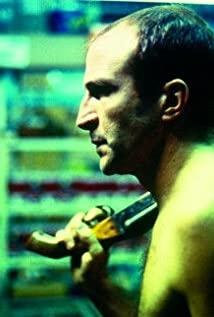Is one of my favorite movies. I just watched it the fifth time, and realized that I was just "enjoying" it before, and didn't "read" it seriously. This time I didn't get into that way, and finally saw a little clearer. Let's analyze it.
At the beginning, they had two sex sessions. In addition to showing that they are energetic and passionate about sex, it also means that they are just two children (learned from their conversation with their girlfriend). So at a certain level, the whole story is a road trip between two naive ghosts and a mature woman.
The relationship between the two boys has been established before. Louisa is almost an "intruder" to them, so what should we do with her? The method used by the screenwriter is to slowly "expand" her life experience after she has been on the road, such as her being adopted, such as her and her first love boyfriend, such as her life with her husband. The information content of chanting is very high, but it sounds very comfortable, and it has almost become a kind of music. I think it is a very calm and decent "unfolding."
On the road, slowly reveal the past of the characters-Alexander Payne also likes to use this method, "Glasses of Wine" and "Nebraska" are also like this, Payne also loves to write a "have to" in the front , To make the tension of the whole situation stronger.
Because it is a road movie, there must be a motive to be on the road. Deno and Julio’s motives are obvious, that is, they want to have sex with Louisa, behind which is the playfulness of the teenagers. Louisa’s motive seemed to be revenge for her husband’s derailment, but it was finally revealed that she wanted to enjoy her last time, that is, she wanted to "live".
So it leads to the most powerful part of the whole movie, the juxtaposition of "alive" and "dead." In fact, the whole movie uses "dead" to express "alive":
The body of the pedestrian who was killed without walking on the flyover was only claimed four days later; Louisa’s first love boyfriend, who had fond memories, died in a car accident at the age of 17, and died in a car accident on the road 10 years ago, with chickens all over the floor. Cages, bloodshed and corpses; 14 of the pigs that smashed their tent were slaughtered two months later; and finally, and most importantly, Louisa's death. And the sex that the two boys are passionate about and proud of is a manifestation of vitality. Louisa watched that they could make love so rashly and desperately, but she didn't even have the chance to live. This is where the fateful sense of tragedy was born.
In addition, Caron has another focus of his efforts. He wants to include the emerging of Mexican society at the time. This attempt is very similar to Jia Zhangke. It's just that the two people act differently. Caron's characters are always in motion, so he likes to let the sports figures pull out of the other side of society, a bit like two straight lines coming oncoming, intersecting at one point, and Caron shoots the distance before and after the intersection. For example, the grandmother in the back kitchen of the restaurant dances, for example, the princess on the road, for example, the arrest before a puncture. Jia Zhangke prefers to shoot "landscapes," the "landscapes" condensed by Chinese society. He simply lets the characters in his movies walk in and the reality is reproduced. For example, the successful bid of "Ren Xiaoyao", such as many places in "The Good Man in Three Gorges".
I also like the chanting of "Same as Your Mother", which connects the past and the future. It reminds me of Marquez, the kind of self-confidence that he has in his chest, and an omniscient attitude towards the world he has created. It's very cool, very decent, and it's not as unlearned and skillless as "Big Buddha Plus".
Finally, I thought about the symbolic meaning of this movie. Louisa is from Spain, is the colonial home country of Mexico, is the image of "mother", and she did rebirth the two boys during her journey. And, Deno is from the upper class, Julio is an ordinary family, and his sister even wears military uniforms to protest. Their journey can be seen as a process of trying to understand each other, and finally said that they have never met again, that is, this attempt to understand ended in failure. This kind of symbolism can be talked about a lot, and I am not interested in it, so that's probably it for the first time.
View more about Y tu mamá también reviews











